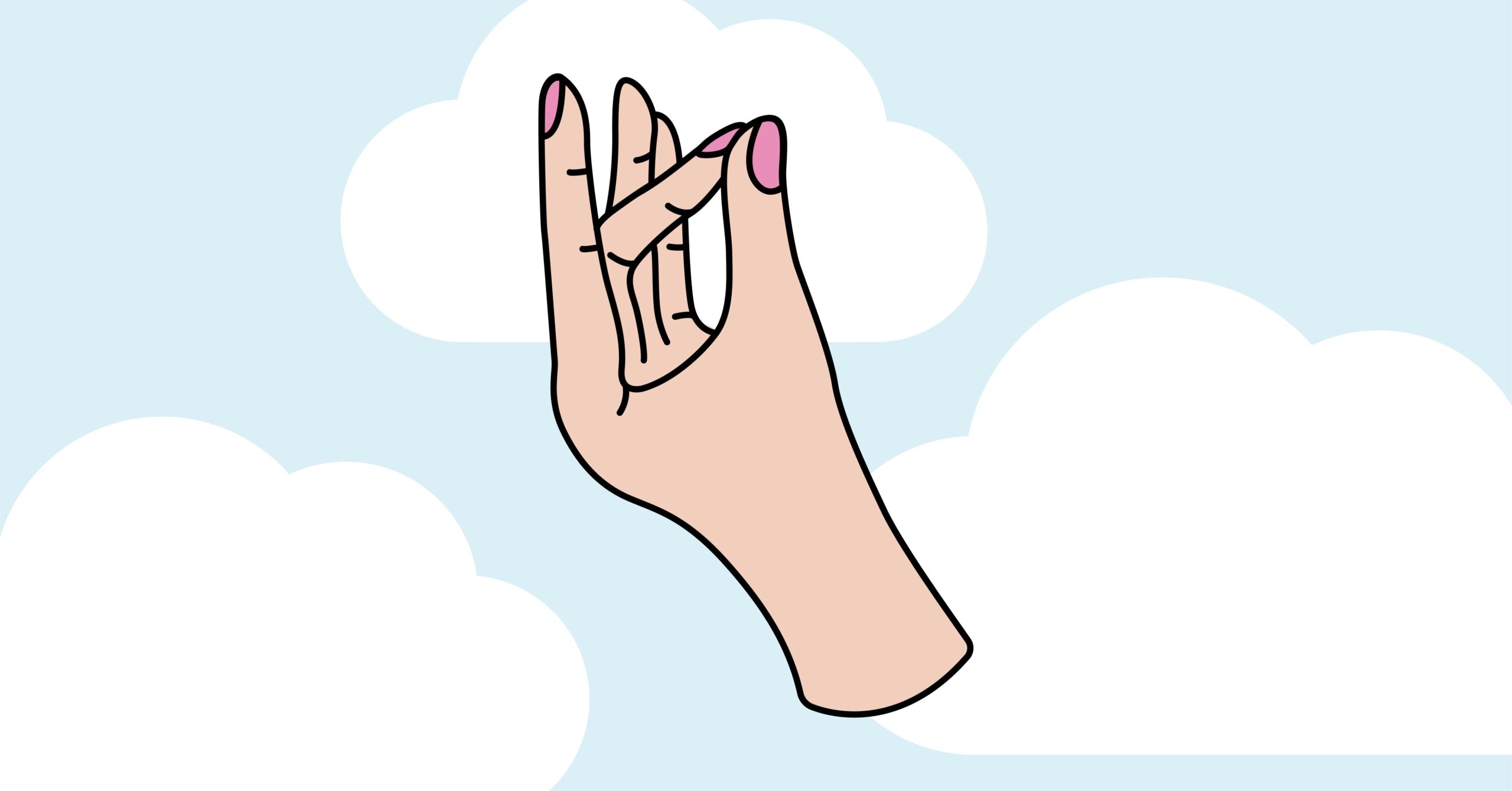What’s “Zoom fatigue?” and how can you stop it?
Now that we’re all over three months into the coronavirus pandemic, you may have noticed that you feel totally drained after a day filled with video calls, even though they can take place without you ever having to leave your couch. This feeling can even hit after spending time online with coworkers who make you laugh and friends you miss.
So, why do video calls tire people out?
Scientists believe this phenomenon is attributable to the fact that videoconferencing invites cognitive overload from the brain from trying to read people through a flat grid of their faces. It’s also cognitively draining and unnatural having to be presented with the reality of your own face as you communicate with others. And when you have Zoom call after Zoom call, you have no space between one encounter and another. In pre-COVID times, it’s similar to having several back-to-back meetings in a row.
Another reason why you might feel exhausted from video calls is that they are the primary source of social connection right now. Knowing that a screen is the closest you’ll get to a friend or coworker for a while is frustrating and emotionally draining. This loss of in-person connection is something that your body registers, and we are constantly reminded of this loss in big and small ways.
What can you do to mitigate video call fatigue?
If you’re suffering from video call fatigue, there are things you can do to make this type of communication less stressful:
-
Digitally detox
Set up a time during the day to detox from technology. Put away phones, computers, and tablets and focus on something else. This will give your brain time to reset and focus on non-digital stimulation, which will help you recharge.
-
Don’t use your camera on Zoom and other video call platforms
When you’re only listening to voices, it becomes more like a podcast, and your brain doesn’t have to work as hard.
-
Switch it up
Don’t rely solely on video calls to stay connected with friends and family. Balance out video chatting with text messages and old-fashioned phone calls.
-
Be thoughtful about how you use video calls
Not every interaction requires a video call. If a meeting can become an email instead, do that. Make sure you’re video conferencing for the right reasons.
-
Choose who you invite
Do you really need 30 people on a Zoom call? Or would only having five of your coworkers work? Try to limit the number of people on a call, so it’s not as overwhelming and overstimulating for your brain.
-
Avoid scheduling back-to-back meetings
This will really help to offset video call fatigue. Give yourself a break in between meetings to recenter and recharge your mind.
-
Take care of yourself
Make sure you’re drinking enough water and that you’re moving your body. Take frequent breaks throughout the day and engage in self-care activities, like painting, yoga, and meditation.
Boundaries are beautiful
When it comes to minimizing video call fatigue, the key is setting boundaries. While ending a Zoom call with a coworker, friend, or family member when you’re feeling drained can be tough, remember to be upfront and honest. Share with them that you need to take some time for yourself.
















